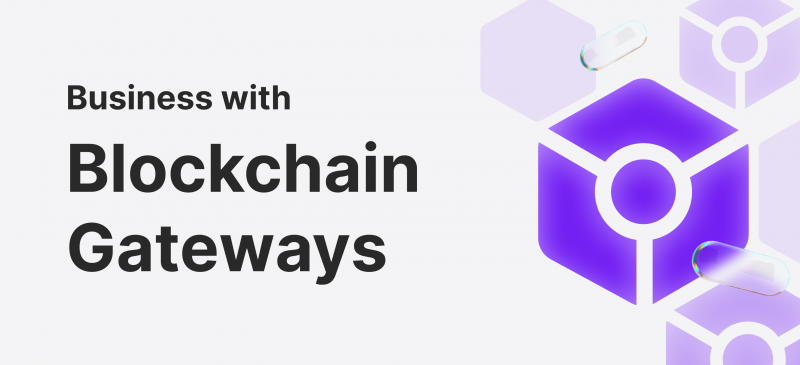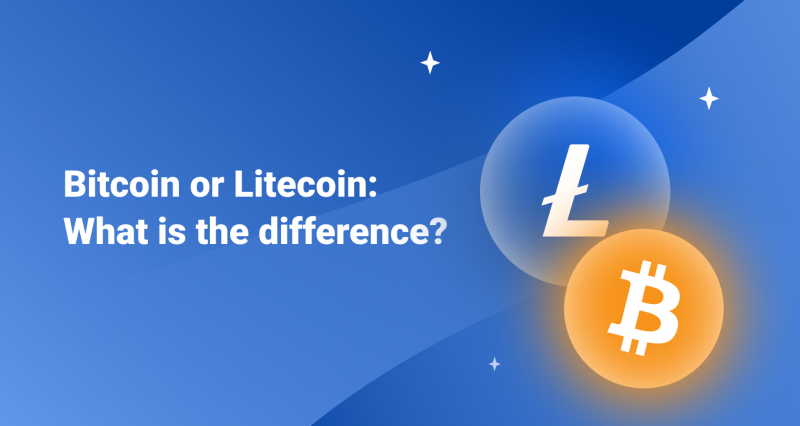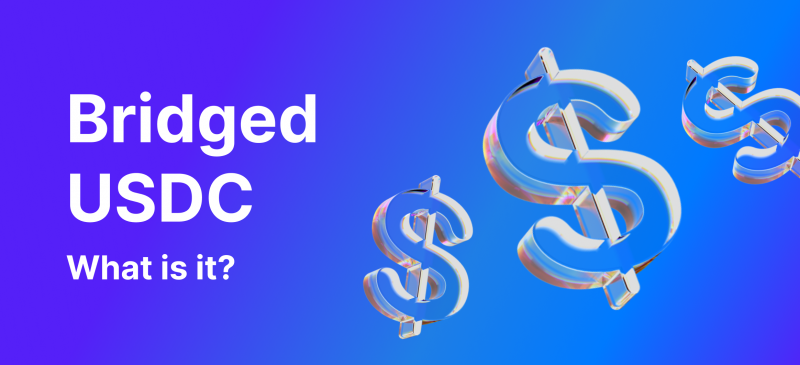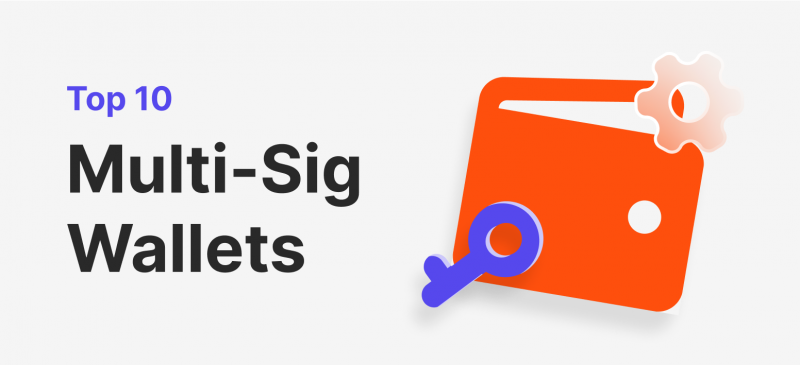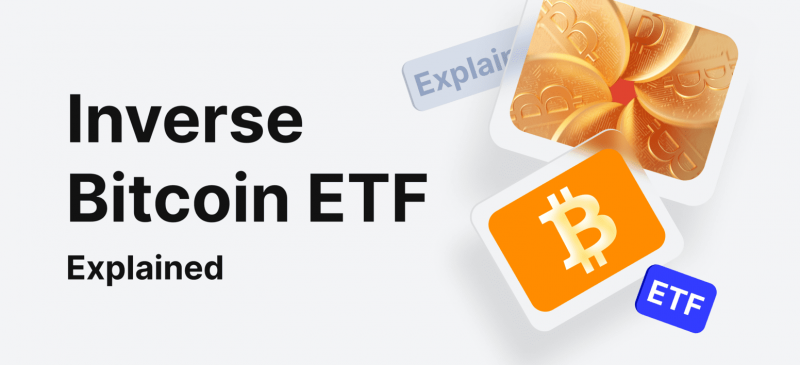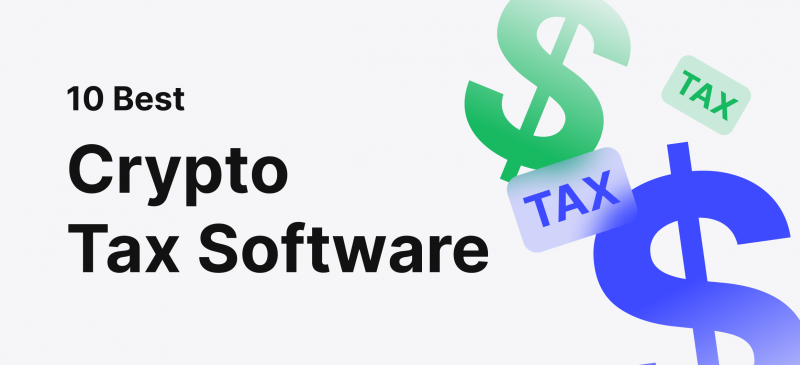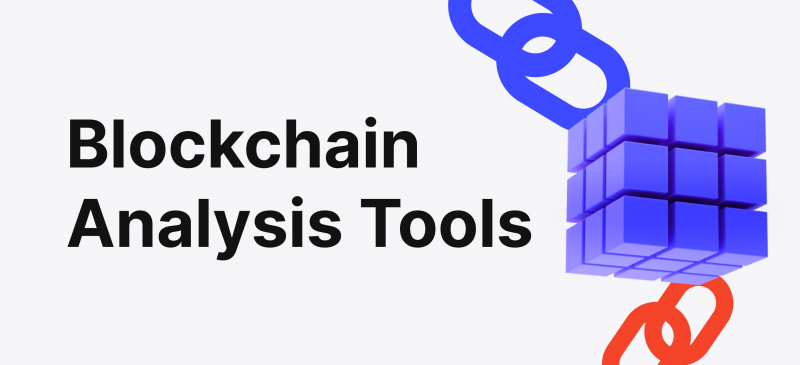Payment systems have come a long way from paying with cash to plastic cards, online wallets and the recent growth of virtual currencies that revolutionised the industry.
Up until the foundation of cryptocurrencies, payment methods revolved around centralised control of banks and governments. However, cryptocurrencies utilise a blockchain-based payment gateway, which works independently of any control and provides a more flexible and cost-effective system.
Today, virtual currencies rival credit cards and banks, while industries increasingly accept cryptocurrency payments. Let’s discuss the role of blockchain gateways and what makes them more appealing than traditional payment systems.
Key Takeaways
- Blockchain payment gateways facilitate interactions between users and merchants’ payment service providers.
- Blockchain transactions are faster, safer and more affordable than traditional payment methods.
- Crypto payments allow companies to grow their businesses, attracting more customers and offering more payment options.
Understanding Blockchain Payments
A blockchain payment refers to using a decentralised system to make monetary transactions, develop applications and provide solutions that utilise shared networks.
Blockchain plays a significant role in the decentralised economy, holding the crypto payments and DeFi ecosystems together and acting as the backbone of crypto transactions.
This technology works as a shared ledger where all decentralised transfers, operations, and activities are registered and shared publicly so that anyone can use blockchain trackers to find and navigate transactions with full transparency.
Blockchain technology is the heart of crypto operations, which deploys automated systems, like smart contracts, that facilitate virtual money transfers and use algorithms to identify and verify legitimate orders.
Additionally, it is the ecosystem of dApp development, DeFi and Web 3.0 projects and other crypto-based utilities.
Peer-to-peer transactions and crypto investment utilise blockchains for payment processing and ensuring that participating parties do not violate the norms of the decentralised economy, which promotes safe cryptocurrencies and wallets.
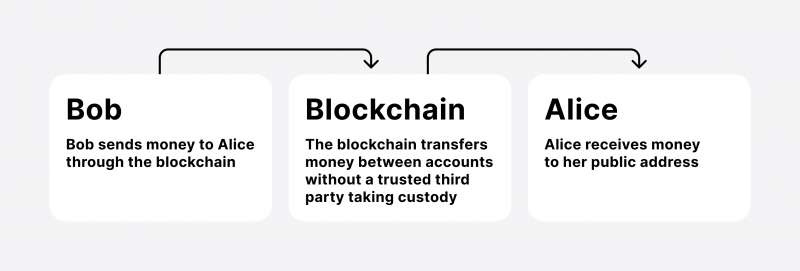
How Does a Cryptocurrency Payment Gateway Work?
A gateway is a bridge between two parties conducting a transaction, whereas a crypto transaction requires a wallet and ownership of virtual currencies or digital assets for the gateway to process the operation.
Blockchain payment gateways offer a much more flexible and easier solution than paying with fiat currencies because they are more global and configurable by providers and users.
When a customer buys a product using a cryptocurrency, the gateway here acts as the front end that interacts with the user who is selecting the payment method and inserting other details.
The gateway communicates with the wallet to ensure sufficient funds in the selected currency, which are sent to the blockchain to verify, register and release funds to the receiving party.
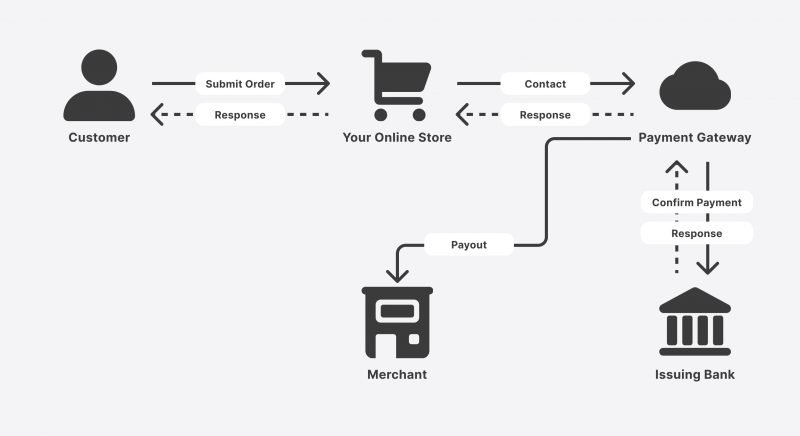
The Process of Blockchain-Based Payment Gateways
Crypto payments are almost instantaneous, with multiple automatically deployed procedures that connect Bitcoin merchant services with your customers. The gateway comprises the user interface that shows the amount spent and the payment systems transaction fees, while on the back end, the payment process goes this way.
- The payment request is generated when the client buys an item.
- The payment information, such as price, fees, and method, is sent to the crypto payment gateway.
- The blockchain-based gateway verifies the payment details, such as sender wallet, used cryptocurrency and amounts.
- The crypto transaction is added to the blockchain, and miner/validators receive their rewards according to the blockchain rules.
- The verified transaction is broadcast to the relevant blockchain, whether BTC, ETH, or Polygon network.
- The gateway receives the confirmation message from the blockchain and communicates it to the merchant payment service.
- The merchant realises the payment and provides the promised service or transfers the subject product.
The merchant or business accepting Bitcoin gateway may accept the payment in cryptocurrencies or exchange and store it in fiat money.
After the last update to the Ethereum blockchain, the network will increase its processing speed from 30 transactions per second to 20,000-100,000 TPS.
The Business Benefits of Cryptocurrency Gateways
Businesses of all industries are increasingly accepting digital currencies, dealing with the best crypto payment gateways to manage their funds and settle payments with more flexibility and customisation. Companies use blockchain-based gateways for the following reasons.

Lower Trade Costs
Companies involved in global trading and delivering goods across borders can save a lot of money and explore lower transaction fees offered by cryptocurrency payment solutions.
These payment methods involve fewer currency exchanges and intermediaries, such as banks and insurance services, offering seamless and secure transactions.
Faster Processing Speed
Blockchain gateways do not rely on centralised banks and agencies that follow working hours or days and involve multiple third-party processors, which can lead to payment delays.
In contrast, crypto payments are settled within minutes and can be conducted and delivered at any time on any day of the week.
Automated Settlements
Credit card payments adhere to the bank or the provider institution’s regulations. However, crypto payment gateways are highly customisable, and companies can configure their fees and support currencies and payment service providers.
Moreover, businesses can choose to convert their accepted payments from crypto to traditional currencies or keep them in cryptocurrencies.
Cross-Border Transactions
Businesses and vendors across the world face challenges in transacting between different banks and financial institutions that may have different regulations or restrictions about certain currencies.
Therefore, blockchain payments provide a valid way to overcome this obstacle by using cryptocurrencies and convert to the currency of choice.
Industries That Use Blockchain-Based Payment Gateways
Despite being associated heavily with decentralised finance, blockchain payments are not exclusive to crypto service providers. This innovative technology has found its way into different industries for those who want to benefit from quick and reliable solutions.
E-commerce
E-commerce is an ever-growing industry, with a huge number of online stores and shops residing on the internet and accepting payments for goods and services with cryptocurrencies. Blockchain gateways enable e-commerce businesses to realise revenue quickly and manage their inventories better.
Brokerage Firms
Trading service providers and brokerage firms use blockchain payment solutions to attract more customers and expand their reach to involve crypto enthusiasts. Moreover, traders can top up their accounts with different payment methods, which can be faster than traditional ways.
Crypto Exchanges
Crypto exchanges and on-ramp/off-ramp conversion providers rely significantly on blockchain-based gateways, allowing them to process and manage crypto transactions efficiently and easily.
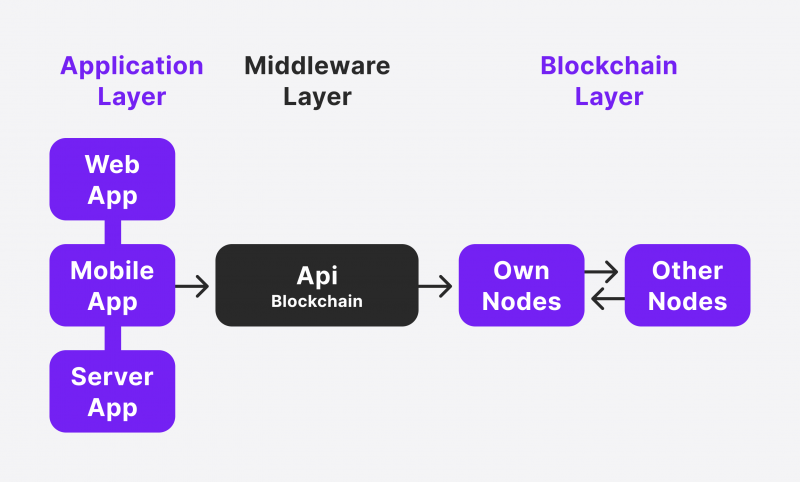
Gaming
Gaming is one of the fastest-growing industries, increasing its market capitalisation and expanding the limits of innovation and entertainment.
Many platforms and creators started offering cryptocurrency payment methods for in-game transactions and marketplaces, allowing players to buy and sell gaming items, skins and weapons using crypto coins.
Gambling
Online gambling and iGaming operators are known for adopting recent technologies to improve user experience and convenience, allowing players to deposit and withdraw money using quick payouts with BTC, ETH and other virtual coins.
Wallet Apps
Crypto wallet providers use a blockchain-based gateway to process the core function of the wallet, which is to send, receive and store cryptocurrencies.
These gateways allow the wallet to interact with different websites, exchanges, commerce platforms and online stores that accept Bitcoin payments.
Investment Funds
Hegde funds and investing service providers are increasingly adopting several crypto-based securities, such as BTC spot ETF trading, ETH futures contracts and other DeFi investments.
These offerings can only be offered using a reliable blockchain payment gateway that facilitates paying with cryptocurrencies.
The Challenges of Blockchain Payment Options
Despite the huge benefits of adopting a reliable blockchain payment gateway for your business, you can expect a few challenges on your way. These obstacles may differ between locations and the type of business you run, which are as follows.
- Legal requirements: Regulations against cryptocurrencies differ between countries, and some locations strictly ban dealing and transacting with Bitcoin or other coins.
- Technological limitations: Countries with limited access to Bitcoin ATMs or highly qualified developer teams can make it challenging for companies to adopt crypto solutions.
- Cybersecurity: Blockchains and decentralised transactions have always been targeted by scammers and hackers, which raises concerns among businesses and users.
- Governance: The immutability of crypto payments can lead to fund loss or lack of control over blockchain operations, which requires laying clear-cut on transacting with crypto payment methods.
Conclusion
Blockchain has emerged as a dependable way for businesses to adopt and transact with Bitcoin, Ethereum and other reliable cryptocurrencies.
In essence, gateways work as points of interaction between customers and a company’s website on one hand. On the other hand, they facilitate interaction between the users and merchants’ service providers, allowing funds to flow seamlessly between both parties.
Blockchain-based payment gateways provide more flexibility and control over businesses’ revenue and monetary operations, helping them grow their reach and attract more customers and offering them more ways to make their purchases.
